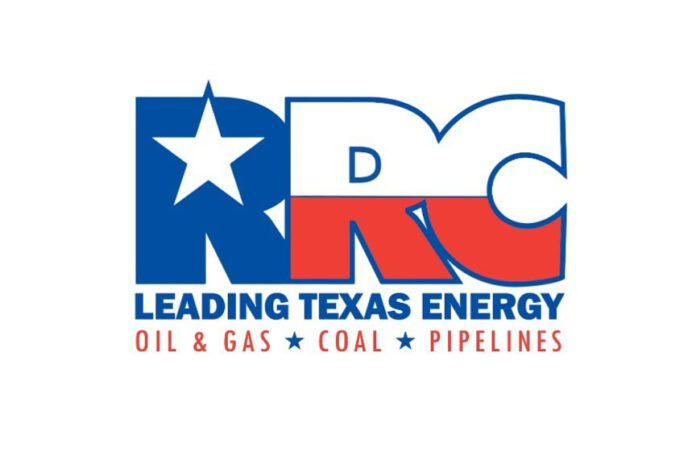Responding to a steadily worsening crisis with earthquakes in the Permian Basin, the Texas Railroad Commission on Monday ordered the indefinite suspension of all deep oil- and gas-produced water injection in the Gardendale Seismic Response Area, effective Dec. 31.
“Operators of disposal wells in the RRC’s Gardendale SRA, which is north of Odessa and northwest of Midland, will not be permitted to inject below the top of the Strawn Formation, which occurs at around 10,000 feet in depth but can vary,” said RRC spokesman Andrew Keese.
“The RRC determined that the suspensions were necessary because of an ever-increasing pattern of earthquakes in the area. The four earthquakes last Wednesday and Thursday had a magnitude of 3.1, 3.6, 3.7 and 3.3, according to the state’s TexNet Seismic Monitoring Program.
“Inspectors and geologists have been inspecting disposal activity and constantly monitoring seismic data. RRC staff have monitored approximately 30 earthquakes with a magnitude greater than 3.0 in the Gardendale SRA since December 2019.”
Keese said the operators of existing disposal wells would be allowed to apply to amend their permits for shallow injection such as in the San Andres Formation, the top of which occurs at a depth of about 5,000 feet. Deeper portions of such amended disposal wells will be required to be plugged.
“RRC’s seismologist and staff will continue to monitor earthquakes in the area and take further action as is necessary,” Keese said.
Odessa oilman Kirk Edwards called the RRC’s initiative “an incredibly important decision.
“It is the only answer right now to the seismic events that happened last week,” said Edwards, former president of the Permian Basin Petroleum Association. “It’s a tough decision for the commissioners to have to make with the people who have that kind of capital investment in those areas, but because the magnitudes are above 3, it had become a public safety issue that had to be addressed immediately.
“Making this decision so quickly and getting it implemented is exactly what needs to be done. Hopefully from this we will see the earthquakes diminish altogether to ensure that this was the right decision.”
Asked if the RRC’s action should dispel perceptions that the agency is in the pocket of the energy industry, Edwards said, “That’s the standard jargon of people who want to hurt the Texas oil and gas industry, but the commission is doing a great job with these seismicity issues even though the companies will incur some tremendous expenses to move that water to other areas.
“I’m proud of Commissioners Jim Wright, Wayne Christian and Christi Craddick because it dispels the narrative that they only do things in favor of the industry. Christi is from here and Jim and Wayne have been here personally a lot of times to investigate.”
The RRC’s action came on the heels of its Sept. 23 requests to a half-dozen area oil companies to decrease their daily pumping to fewer than 10,000 barrels.
Spokesmen for Fasken Oil & Ranch, Rattler Midstream Operating, a subsidiary of Diamondback Energy, and COG Operating, a ConocoPhillips subsidiary, said then that either they would comply or they were already doing so while Occidental Permian, Pioneer Natural Resources and Wasser Operating did not respond to requests for comments.
Fasken Oil & Ranch had five wells, Rattler Midstream eight, COG Operating 15, Occidental four, Pioneer Natural Resources eight and the Mabee Ranch-owned Wasser Operating had one that was permitted to pump 60,000 barrels a day.
Ed Longanecker, president of the Texas Independent Producers & Royalty Owners Association, said from Austin Monday that continued evaluation was needed.
“This action stems from the notion that deep salt water disposal is likely contributing to the seismicity within the Gardendale SRA,” Longanecker said. “While this action doesn’t come as a surprise, we will need to continue evaluating all available data to determine causation and the right path forward.
“TIPRO and the Texas oil and natural gas industry have consistently supported additional seismicity research, collaboration and related funding requests and will continue to do so.”
Texas Oil and Gas Association President Todd Staples said oil and natural gas operators here “are actively using proven technology to improve all aspects of operations through practices such as pre-completion risk assessment, proper monitoring and mitigation protocols.
“We believe more data is always better and the oil and natural gas industry continues to work collaboratively and extensively with the Railroad Commission, industry peers, TexNet and the Center for Integrated Seismicity Research to monitor and share data and gather information that guides industry practices,” Staples said.




